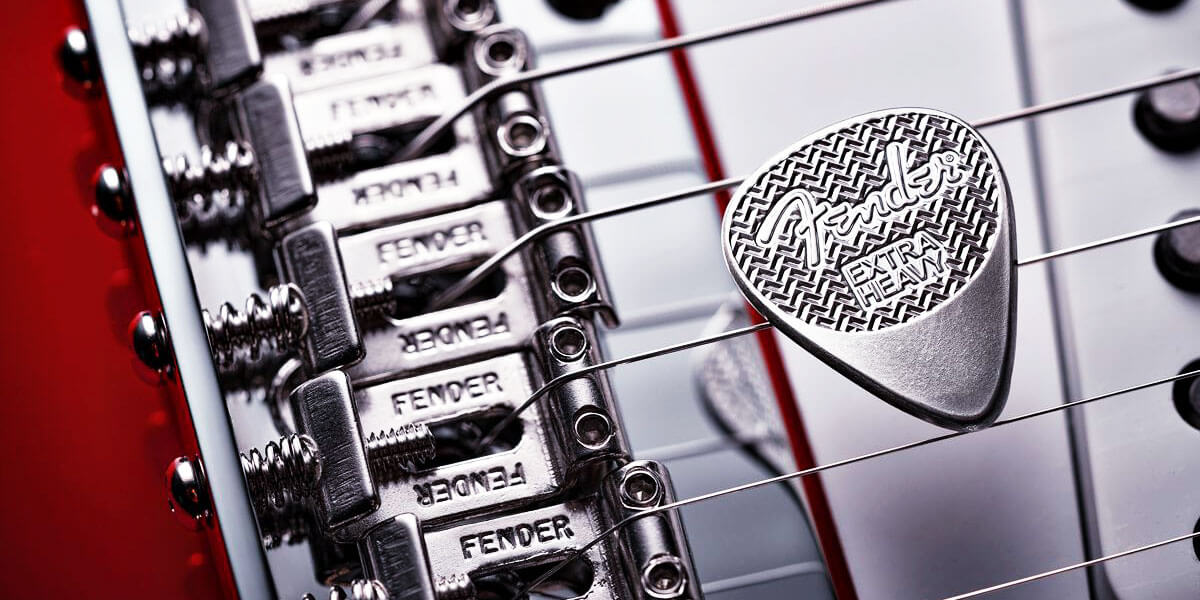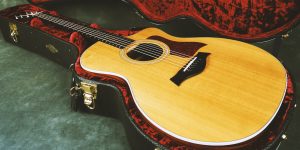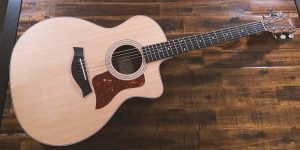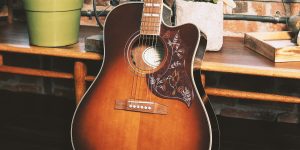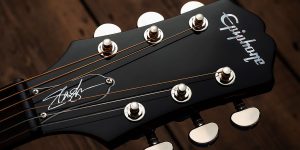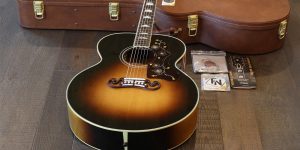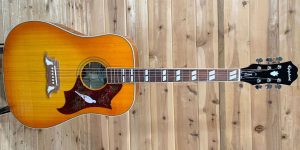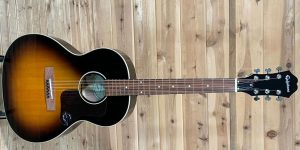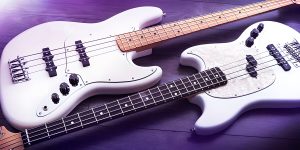I’m not going to say that a plectrum is an indispensable accessory in the musical life of every guitarist today because different techniques require different skills and tools. But surely some of you will want to use this accessory, which means you are wondering about its advantages and disadvantages.
In this article, I will tell you about metal guitar picks, and you will learn the answers to the most common questions among aspiring musicians. Whether to use them or not is up to you, but it is always better to have an additional skill. Agree? Then, we get to the fun part.
The birth of stainless steel guitar picks
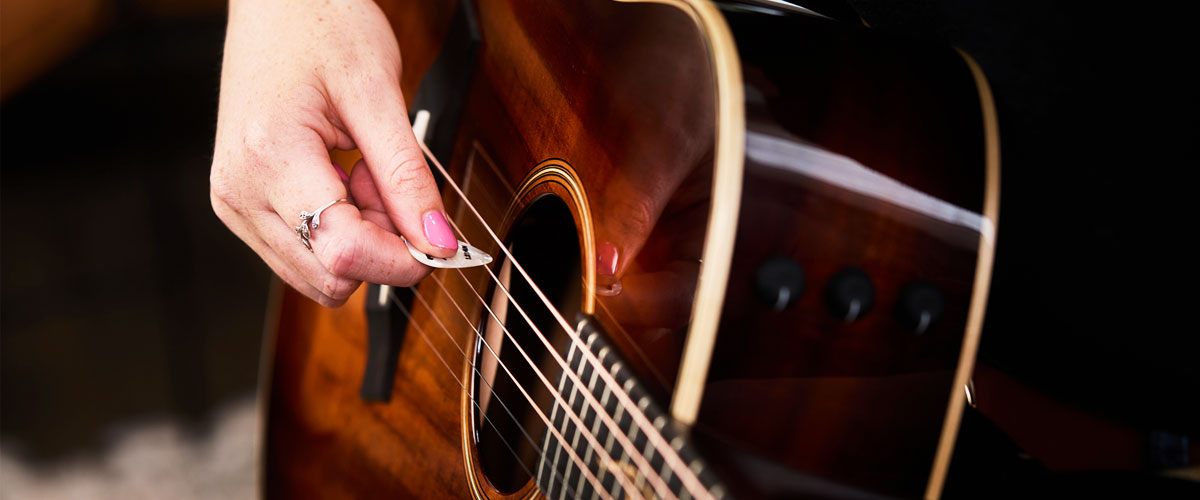
The history of metal picks dates back to the twenties of the 20th century and is a pivotal event in the creative lives of many guitarists. The desire to find unique tonal characteristics and new musical genres forced musicians to try different materials for playing the strings, including metal.
It was the increased stiffness and strength of metal that made it possible to create a plectrum that was durable and opened up new sonic possibilities. These plectrums allowed for precise attack and speed in the jazz, blues, and country music genres that were so popular in those years.
Pros of metal guitar picks
The strength and durability of metal are designed to withstand the harshest conditions of intense playing. Unlike their synthetic counterparts, metal picks (stainless steel, copper, or bronze) retain their shape and sharpness over time, ensuring consistent performance and durability.
The stiffness of steel allows guitarists to reproduce notes with remarkable clarity, making it easier to strike the strings and play complex chord progressions. The precise string attack guarantees excellent articulation, where each note is defined in the mix of sounds from multiple instruments. This tonal character is well suited to genres such as rock, metal, and any type of music where note separation is paramount.
For fast and complex playing styles, metal guitar picks are also a good find for guitarists. The natural characteristics of metal allow you to maintain fast string interaction and perform fast-paced solos and complex parts with unparalleled ease.
The metal plate gives you brightness, attack, and exceptional sound clarity, emphasizing the upper frequencies. On the other hand, wood and synthetic pickups create a unique tonal character, giving you warmer and smoother tones with less pronounced attack.
Cons of metal guitar picks
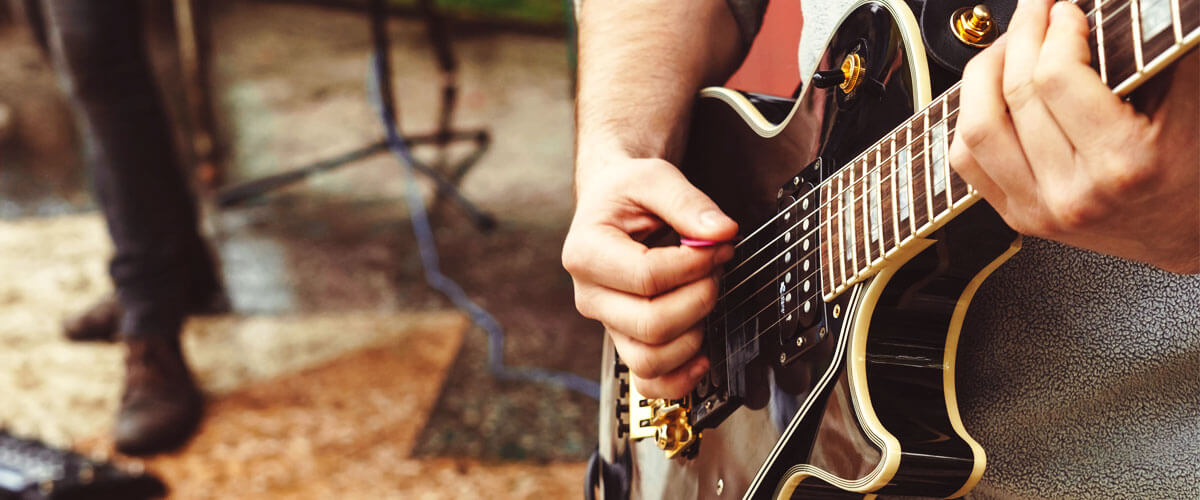
Despite all the advantages mentioned above, metal picks do have some disadvantages that are important to consider if you decide to try this accessory for yourself. Note the following points:
- A notable disadvantage of metal picks is their ability to accelerate string wear and damage the guitar’s body, increasing maintenance costs.
- When playing classical guitar, which uses complex fingerpicking techniques, the harsh attack of metal will disrupt the subtle dynamics and expressiveness of the sound.
- Metal picks may not be appropriate if you want a softer, smoother, more organic sound.
Materials, shapes, and thicknesses
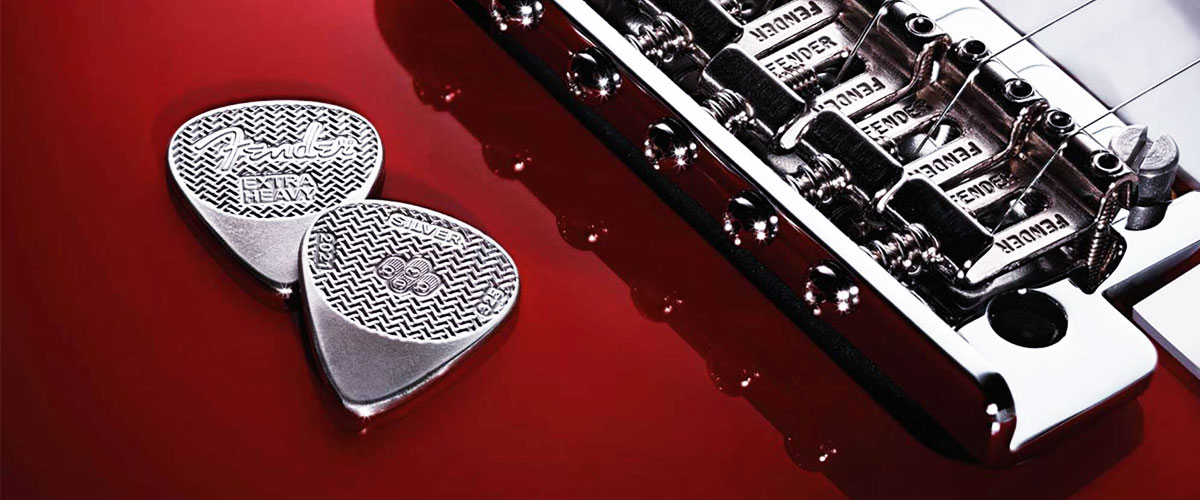
Let’s take a look at the most popular metal picks:
- Stainless steel guitar picks are known for their durability and resistance to corrosion. They produce a clean and crisp tone, making them popular in genres such as rock and metal.
- Brass mediators produce a warm and round tone with a pronounced midrange. They are softer than stainless steel and can add mellowness to styles such as blues and jazz.
- Titanium picks are lightweight and durable, providing a bright and clear sound while being comfortable to play for long periods, making them the preferred choice for many guitarists.
The shape and edges of this musical accessory also play a role in playing style and tone variation. For example:
- A teardrop or triangular shape is suitable for general playing.
- Smaller and pointier ones are designed for precision and speed. They provide a pronounced attack and are favored by jazz and fusion guitarists.
- The “Shark Fin Pick” is a unique shape with ridges or grooves on one or both sides that improve grip and control during fast or difficult playing passages. These picks are versatile for more precise solo playing.
In addition to size and material, it is important to choose the thickness of the metal plate, which can range from 0.4 to 2.0 mm. If you are looking for a powerful and aggressive sound, choose a plectrum of 0.9 mm or more, and conversely, if you are looking for a smooth and mellow tone with less projection, choose thinner and more flexible plectrums.
When to use metal picks?
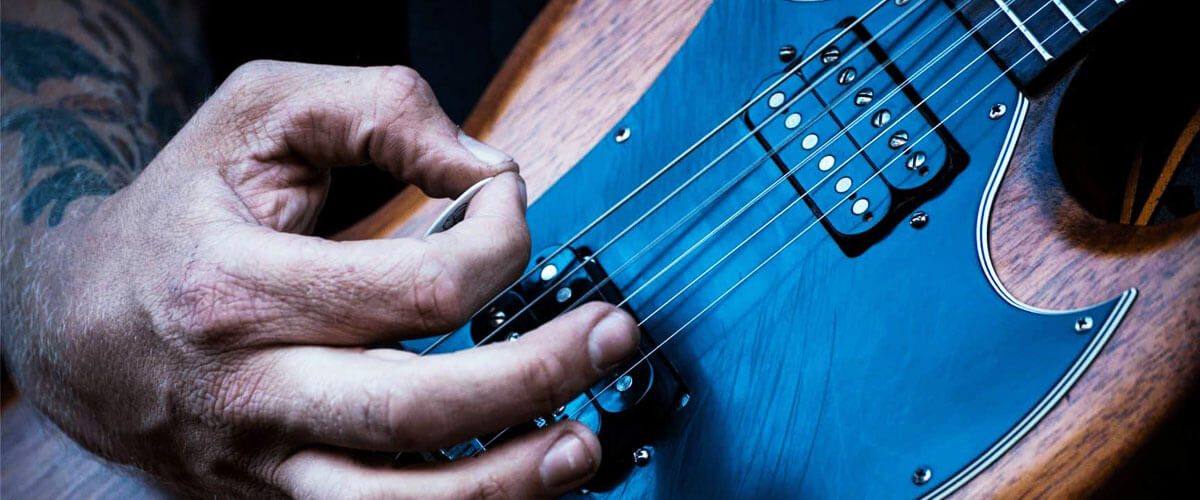
Metal picks allow guitarists to perform fast and complex playing techniques such as sweeps, arpeggios, alternate strokes, and downstrokes, adding brightness and power to chords and ensuring the clarity of fast movements and complex beats.
They are essential in progressive metal, hard rock, and jazz fusion genres, where aggressive playing and complex improvisation are required. Many of the greatest guitar virtuosos, like Zakk Wylde, John Petrucci, Paul Gilbert, Billy Gibbons, and Al Di Meola, who have incredible stage presence and extensive touring, choose to use metal picks.
Frequently asked questions
Can beginners use steel guitar picks?
I would not recommend metal picks for guitar as your first choice. The stiffness and weight of metal picks can be uncomfortable and require some adjustment, and while you are finding your style and perfecting your playing techniques, it is better to start with a more versatile and gentle pick.
Can I use metal guitar picks on an acoustic guitar?
It all depends on your playing style and what you want to achieve when playing acoustic guitar. If you want a bright, articulate sound with powerful projection that can penetrate the densest of mixes, a metal pick is the right choice. However, it’s important to keep in mind that metal picks can emphasize string noise and limit the depth and warmth of the guitar’s sound.

